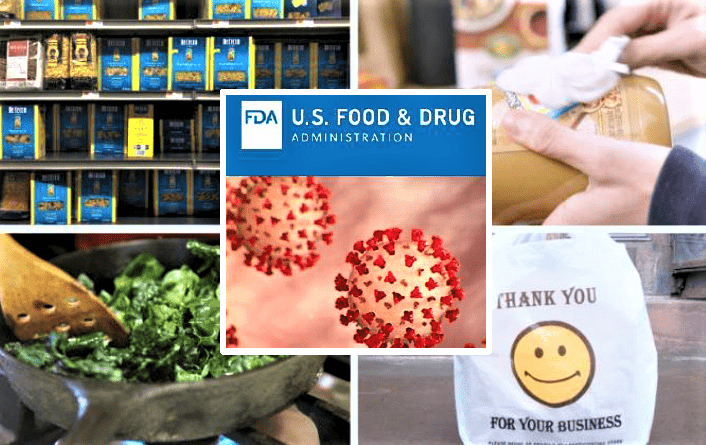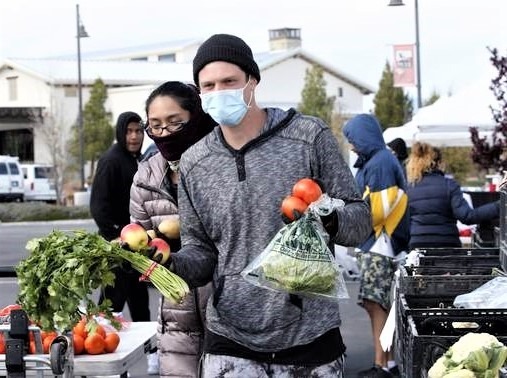CAST to Release Comprehensive Paper on FIFRA and ESA at the CropLife & RISE Regulatory Conference

As with many businesses in the country, food production sites and grocery outlets have been hit with COVID-19 illnesses.
The CDC says that coronavirus is not passed on through food. Distribution systems are challenging, but recommended cleansing methods ensure that the products are safe. Grocery workers are on the front line, and many companies are installing precautionary standards–from plastic barriers to one-way aisle traffic. Restaurants are using curbside delivery, food pantries are providing grab-n-go meals, and many groups are helping those who are food insecure. From farm workers to truckers to checkout personnel, the key mission is to provide safe food for the public. Common sense, a community spirit, and an appreciation for farmers and food workers goes a long way during these challenging times.
Related Sites
The USDA and North Carolina State University are among the many sites providing helpful information about food safety.

The USDA will investigate why a sudden rise in beef prices due to coronavirus hoarding didn’t translate into higher cattle prices for farmers.
A Kansas State University analyst said, “In highly volatile times, no one is going to stop eating, but we are learning a lot about how the supply chain works and how it can be disrupted.”
A direct pipeline to chefs that took decades to build has been cut off by the coronavirus, leaving small farmers and ranchers with food they can’t sell. For example, with the University of Kentucky dining halls closed, local farmers are struggling.
Photo Credit: Collage from cnn.com and nosh.com; bottom photo from lasvegassun.com
Your donation to CAST helps support the CAST mission of communicating science to meet the challenge of producing enough food, fiber and fuel for a growing population. Every gift, no matter the size, is appreciated.